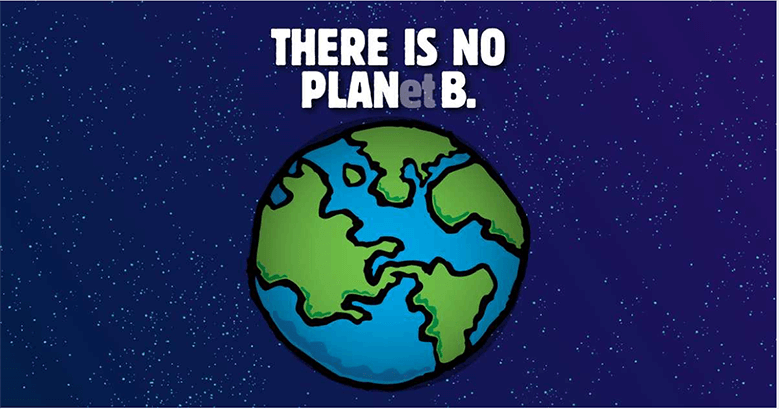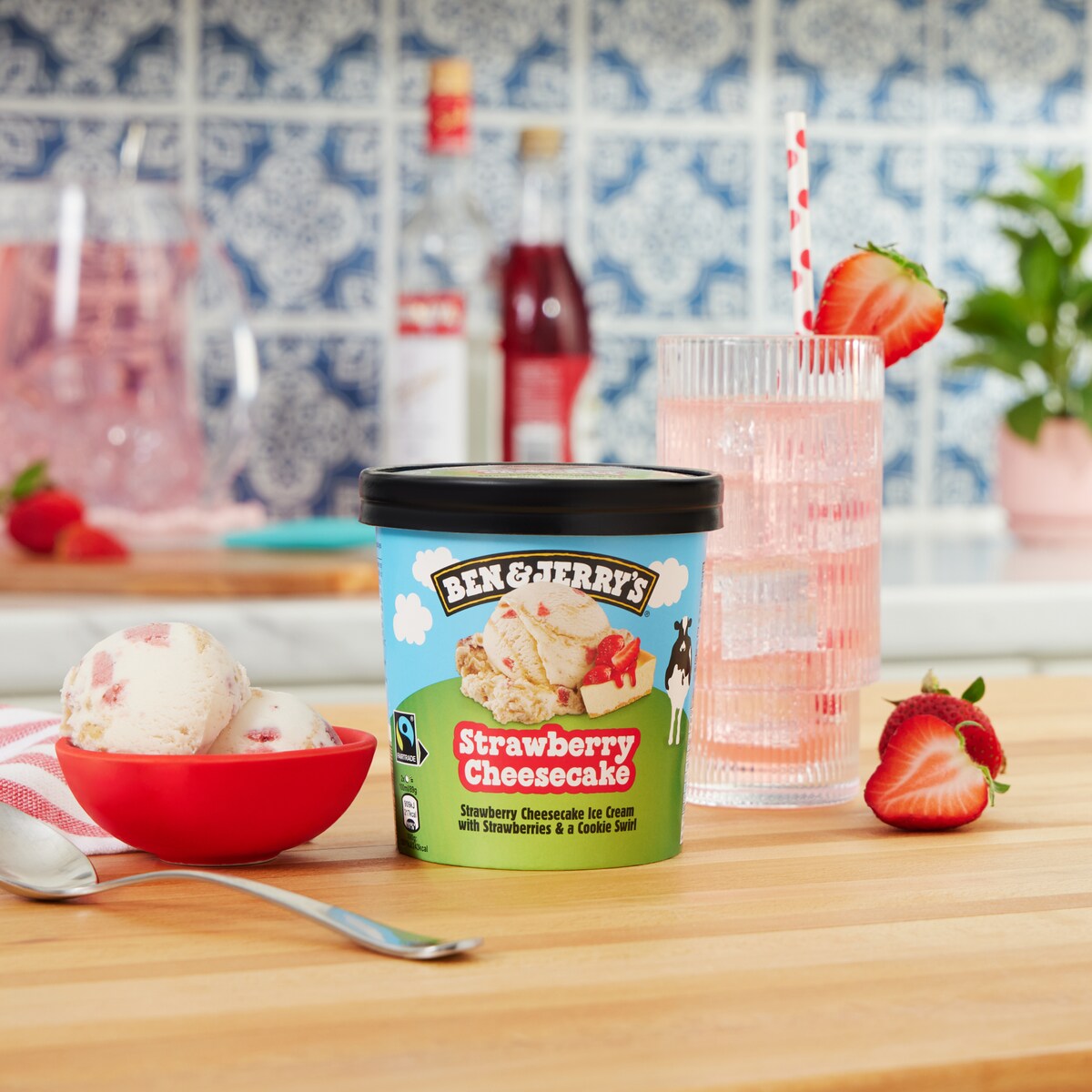September 8, 2018

Flick on the lights, stick the kettle on, pop the groceries in the fridge, get the oven warming for dinner and load the laundry. You might think that’s just a dull list of chores (and you’d be right!) but all those ordinary, boring things use energy. And how we use energy personally can have a big impact on the planet.
Energy at Home
Using more energy at home means generating more energy at power stations. Right now, that’s a whole lot of dirty fossil fuels that we need to stop using if we’re going to tackle climate change.
One of the easiest ways we can help is not waste energy (I’m looking at you, Mr I-close-my-laptop-but-never-turn-it-off!). And, we need to use energy much more efficiently. And that means getting our home appliances up to scratch.
Make the most of it
Depending on how they’re made, two microwaves can use totally different amounts of energy, but still cook your food just the same.
So, when you need to buy a new TV or kettle or microwave, it’s worth checking out how efficiently they use energy. They come with ratings - red to green, A-G. An A-rated TV means the telly uses electricity really efficiently, so watching it will be better for the environment, and it will cost less to watch too.
Basically, the higher the energy efficiency rating is, the better that appliance will be for the planet
Confusingly, for some appliances A is the highest rating, whereas others have an A+++ rating on top. It’s best to shop around a bit and check you’re getting the more efficient appliance you can.
The Big Freeze
At Ben and Jerry’s we’ve been doing just that. We’re working to make sure our freezers <3 planet Earth.
Freezers use a lot of energy to keep cool, and they can contain gases which can seriously damage part of the atmosphere called the ozone layer.
Back in 2000 we committed to make our freezers more environmentally friendly. Since then, we’ve got rid of those ozone-damaging gases completely, and our new freezers use heaps less electricity - some are 80% more efficient.
After all, no one wants a melted ice cream, or a melted planet.
This blog post was written by our climate activist pals over at 10:10.
Sweeten Up Your Inbox!
Subscribe now and we'll make sure you get the inside scoop on Ben & Jerry's fun and flavours! It's like dessert for your inbox, and you're going to want seconds.

